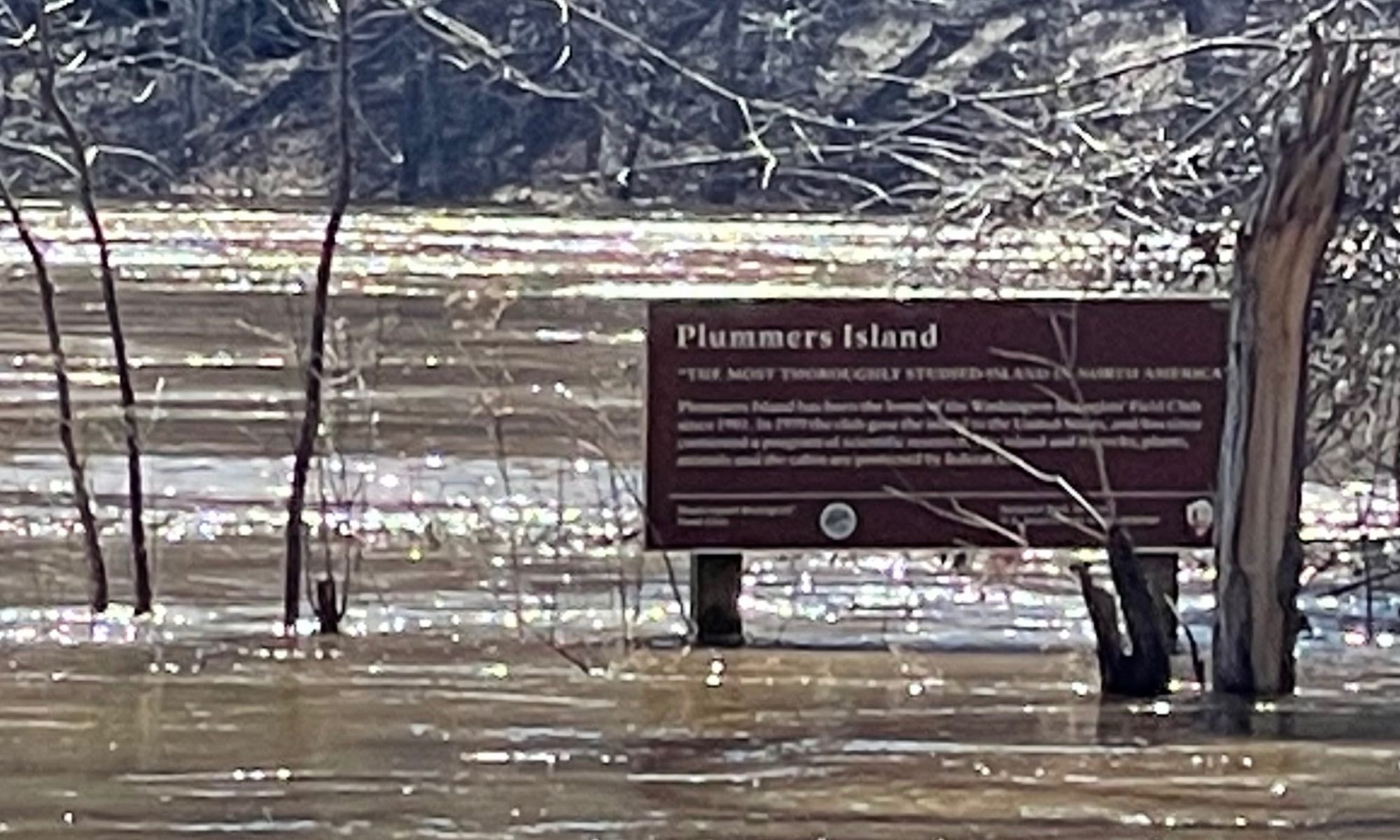
Eckerlin, Ralph P. (Deceased)
Northern Virginia Community College
Parasitology
Ralph was born in Manhattan, New York City, New York, on February 10, 1938. He and his family lived on Long Island, New York, for 12 years, and they later moved to the then wilds of Paramus, New Jersey. A born field biologist, he trapped muskrats in the local marsh, fished, and brought home specimens of all kinds to the “delight” of his mother. He also was an enthusiastic camper and outdoorsman with the Boy Scouts, and later with his boyhood friends. Ralph graduated from Hackensack High School and entered Rutgers University to major in biological sciences. In his junior year, he took a parasitology course from Dr. Leslie Stauber that decided the track that he was to follow from then on. Ralph worked in Stauber’s laboratory for almost two years and graduated from Rutgers with a BA degree in 1960.
Ralph entered graduate school at the University of Miami in Coral Gables, Florida, first as a research assistant in the lab of Dr. W. Henry Leigh, and later supported by a National Institutes of Health Parasitology Training Fellowship. The subject of his master’s thesis, completed in 1962, was the life cycle of the cat liver fluke, Platynosomum fastosum. Ralph spent that summer in Costa Rica collecting data on the prevalence of, and epidemiological factors influencing Chagas disease under the auspices of the National Institutes of Health. From 1962 until 1966, Ralph was a research biologist in the pharmaceutical industry with the Lederle Laboratories of American Cyanamid Company, where he developed drug screening protocols for amebiasis and trichomoniasis using animal model infections. He returned to graduate school at the University of Connecticut, funded by the American Cyanamid Company Fellowship. His work was on nematode parasites of squirrels, and his PhD degree in parasitology was completed in 1974. Ralph taught for one year at the University of Connecticut, but moved south in 1971 to Northern Virginia Community College in Annandale, Virginia, where he teaches biology. Since 1980 Ralph also has taught parasitology at George Washington University in Washington, D.C.
Ralph became a member of the Helminthological Society of Washington in 1974. He served on the executive committee and held most offices in the society until he served as president in 1986. That year he was able to go to Brisbane, Australia to attend the International Congress of Parasitology and represent the Helminthological Society of Washington. He also was the editor of the Journal of the Helminthological Society of Washington for five years from 1988 to 1993. Ralph has been president of the Tropical Medicine Association of Washington, the Entomological Society of Washington, and the Virginia Association for Biological Education; and he has held many varied offices in each of these societies over the years.
Ralph has conducted fieldwork, often accompanied by students, in the Appalachian Mountains and in Central America, where his principal interest has been in ectoparasites, especially fleas. He helped organize and run a symposium on Appalachian biogeography and later edited the symposium proceedings. His 1998 college sabbatical was spent collecting small mammals and their parasites in the cloud forests of Guatemala and Honduras, supported in part by the National Geographic Society and the Food and Drug Administration. Many new taxa of fleas, lice, and protozoans were discovered and are being worked on today. Research associate affiliations with the Carnegie Museum of Natural History and with the Virginia Museum of Natural History have been rewarding.
Ralph’s strongest supporter is his wife, Mary, whom often accompanied him to foreign sites, whether in a first class hotel in a major city or in a tent in the forest. Both are proud of their two daughters, one a lawyer and the other a college professor.
Ralph was elected to the Washington Biologists’ Field Club in 2000 and participated in many activities. He passed away on February 9, 2024.

